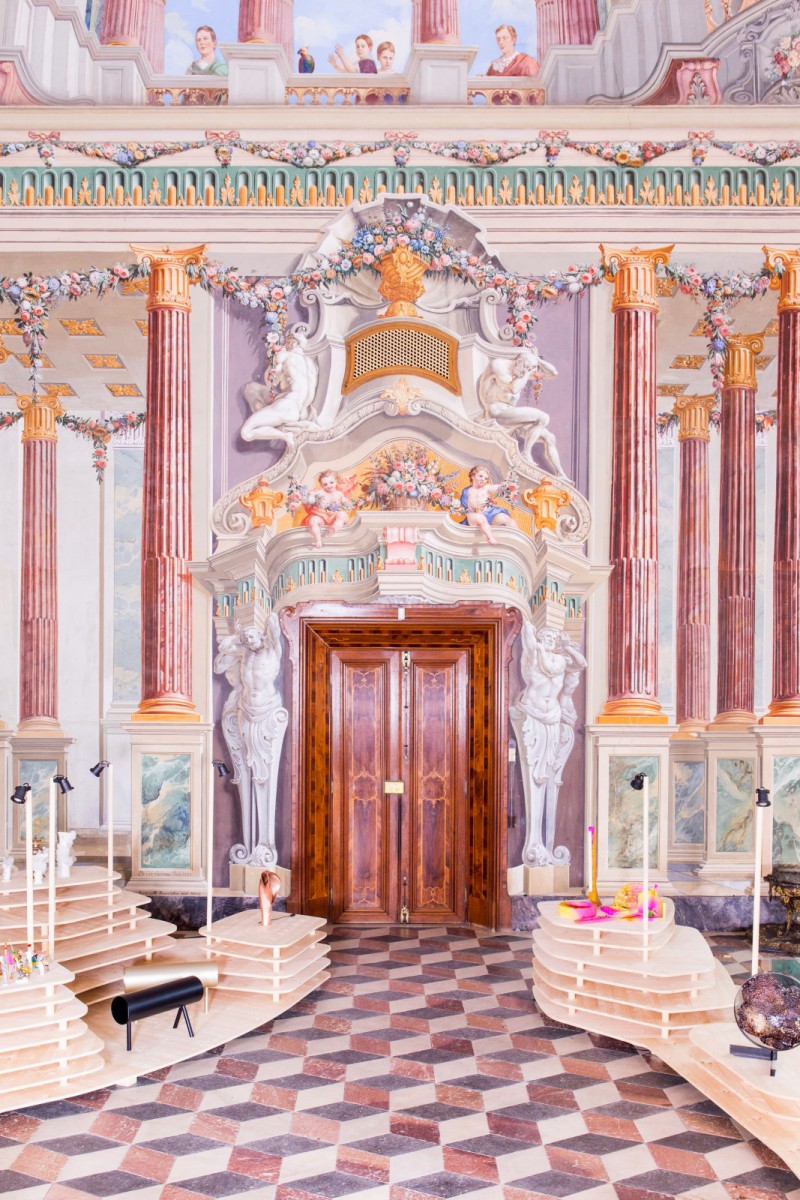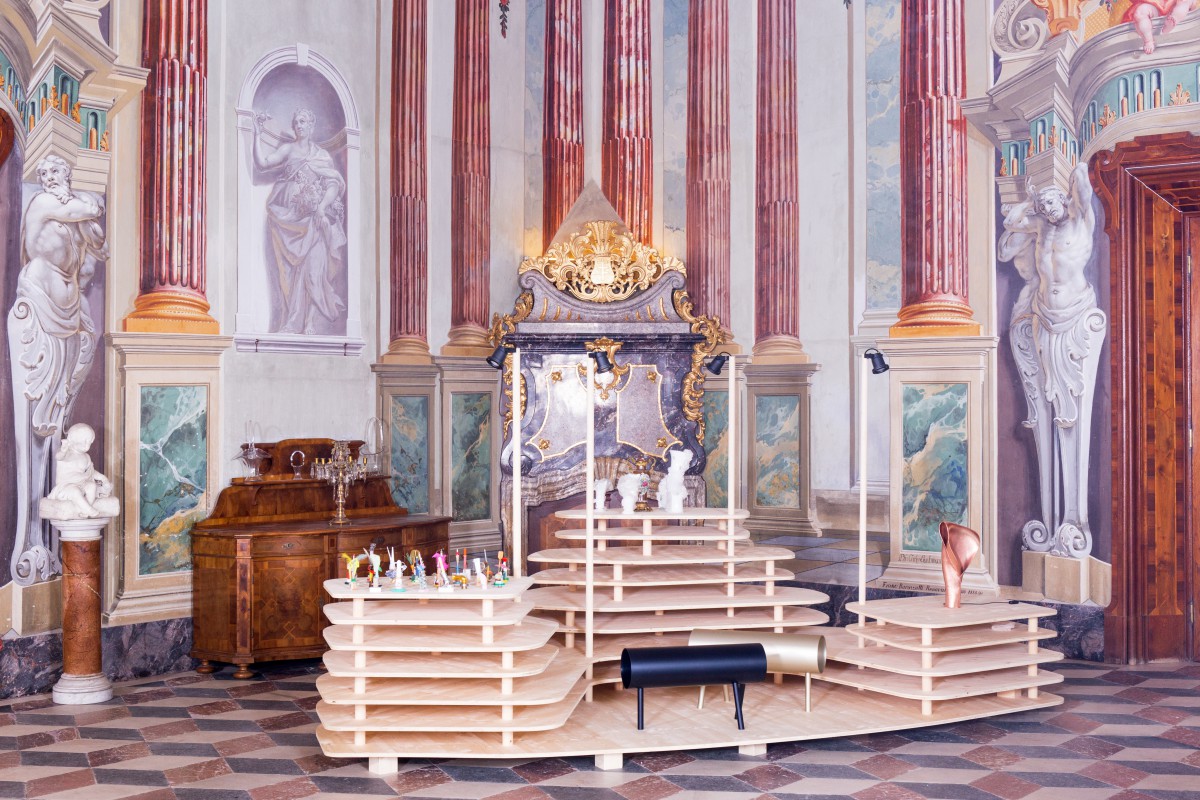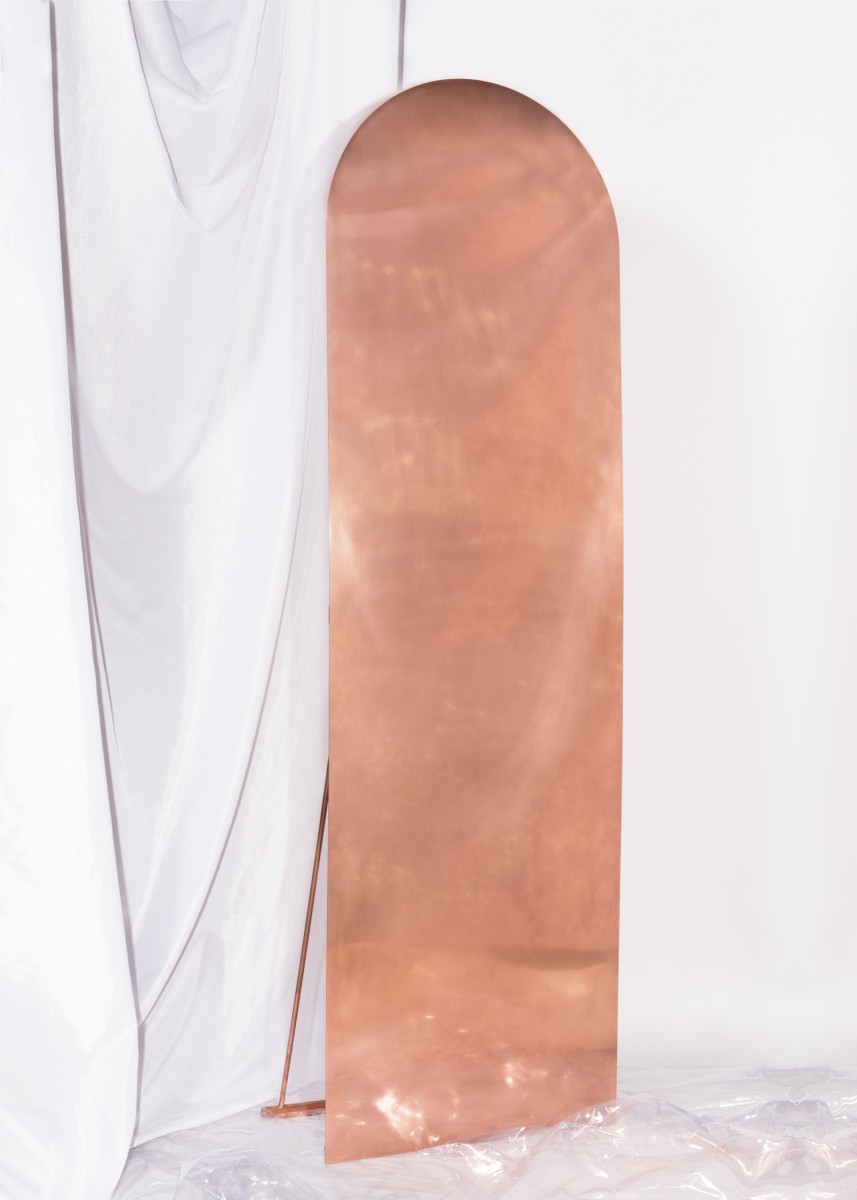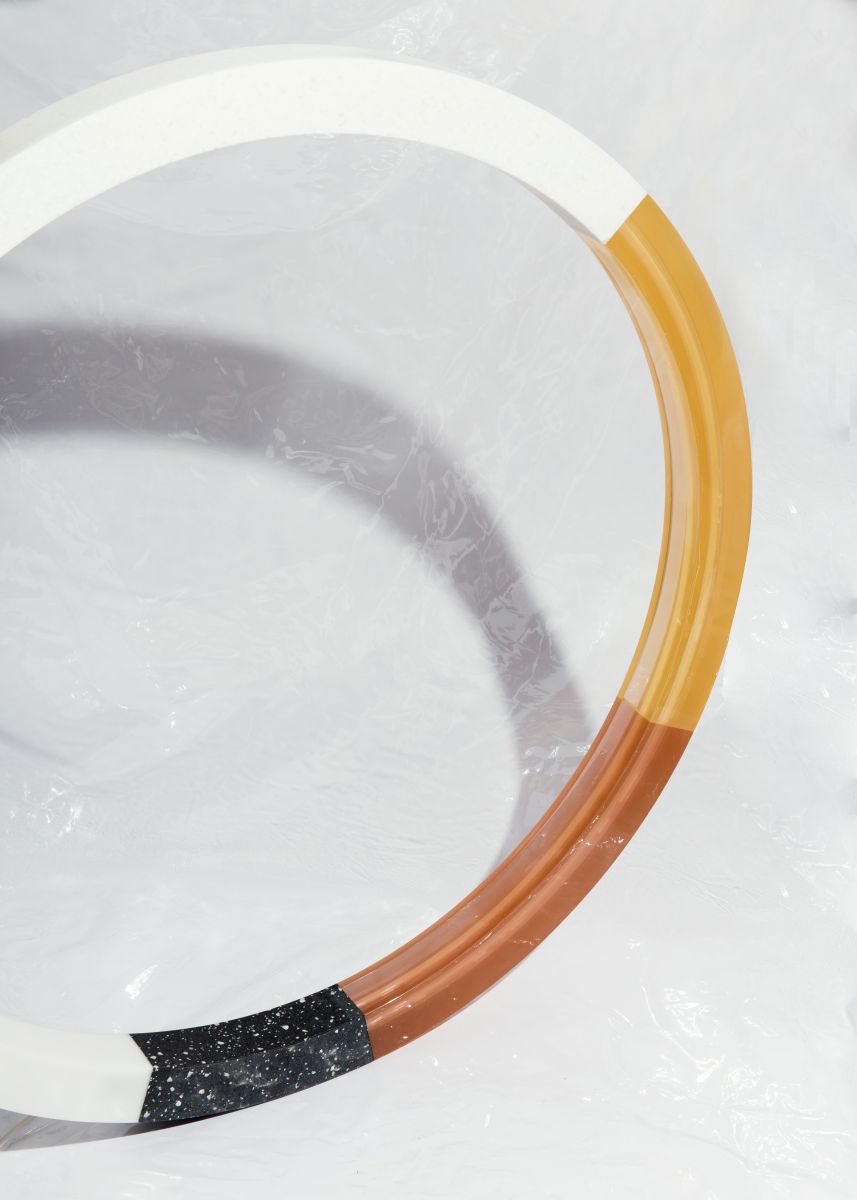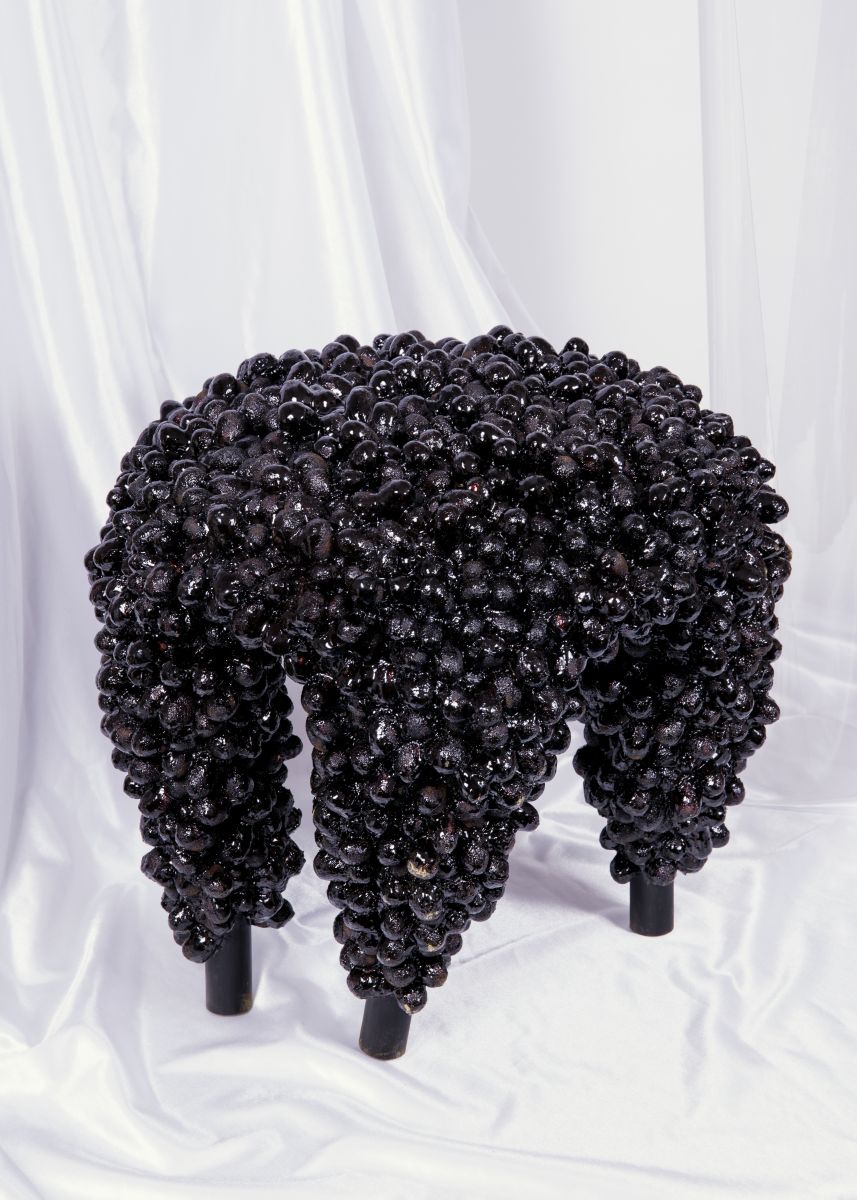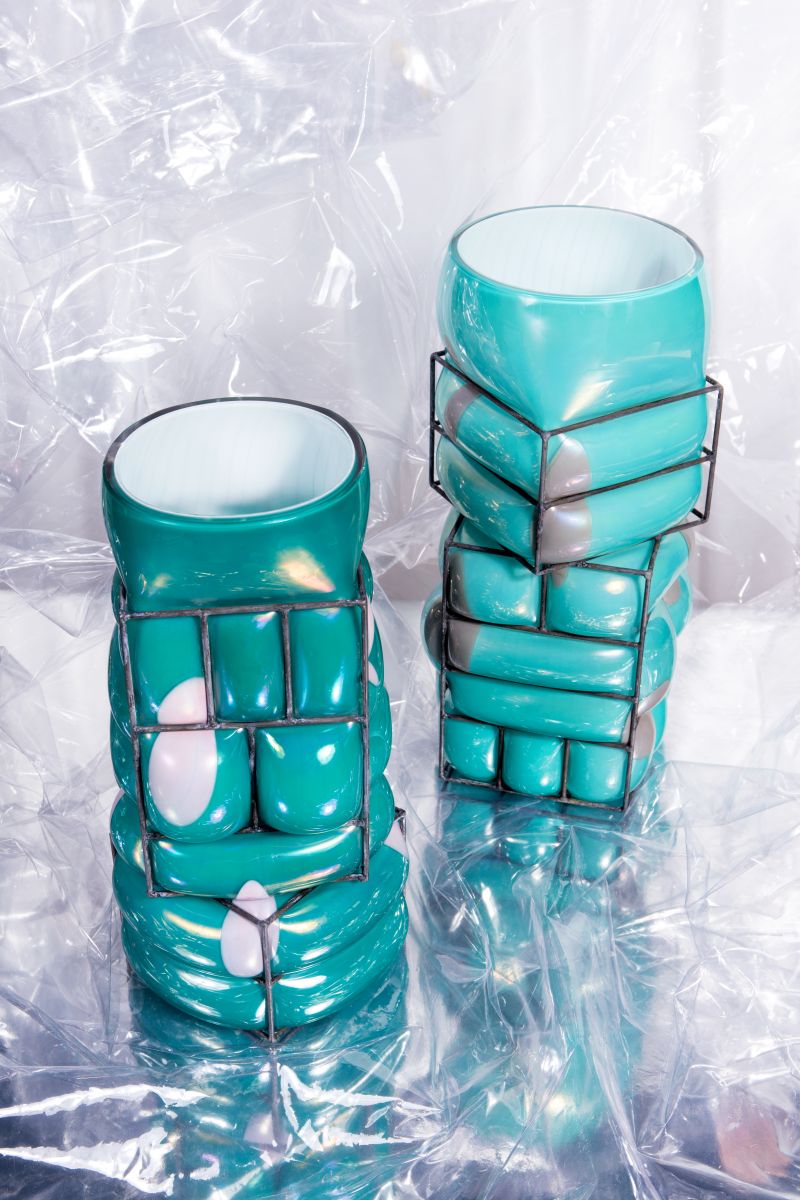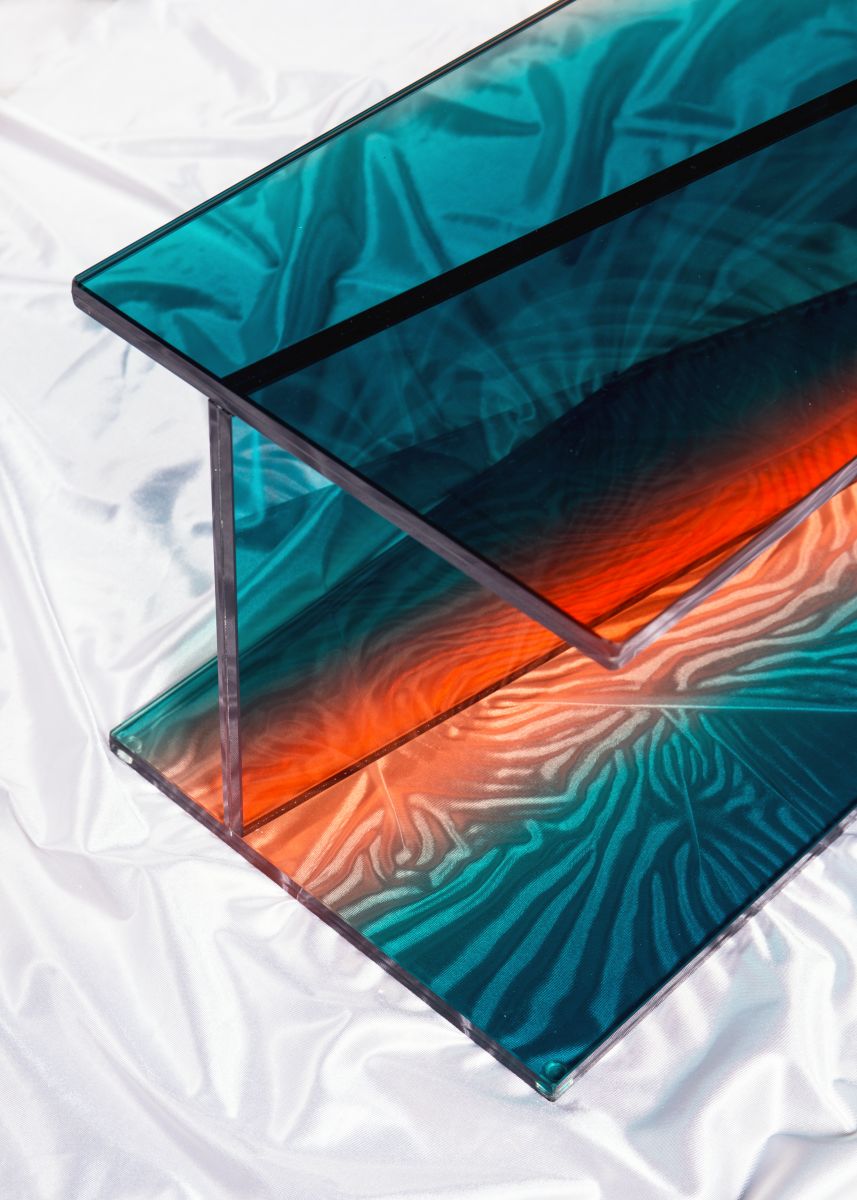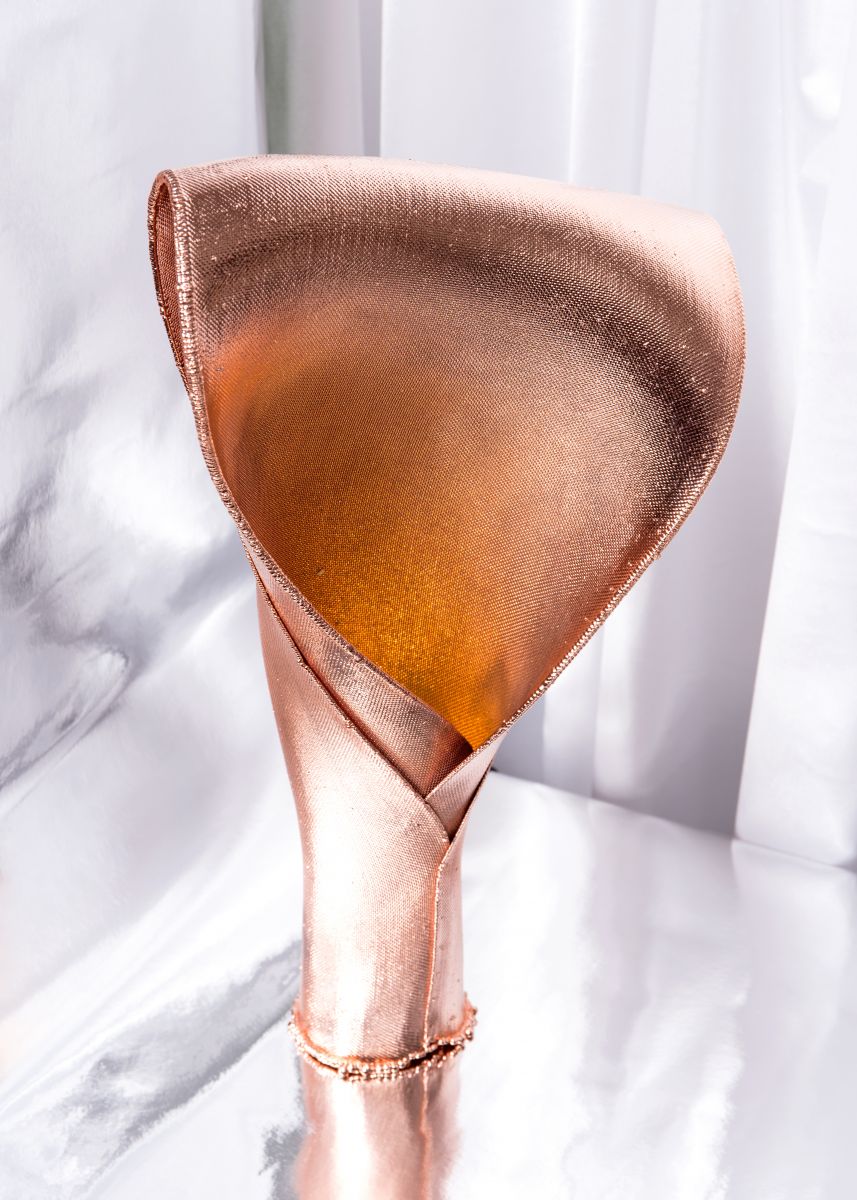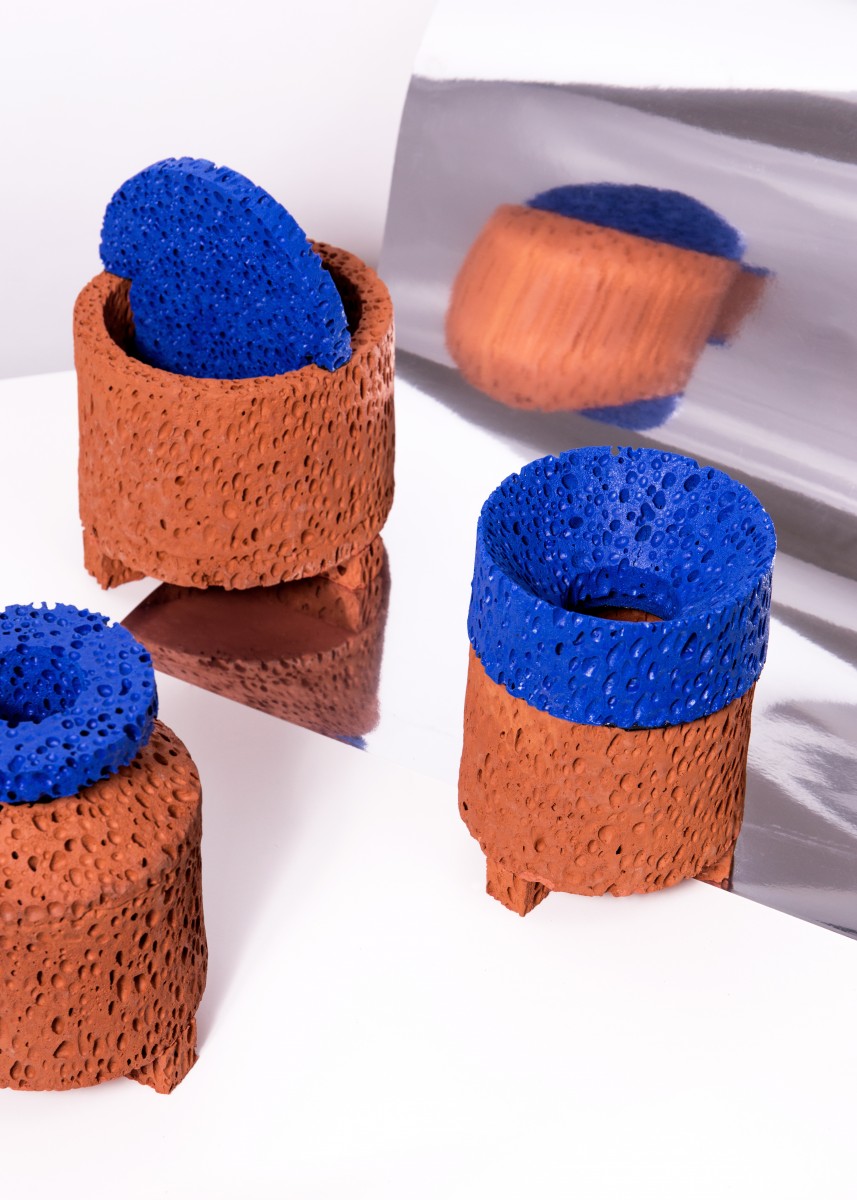The word Morphosis comes from the greek and means form; it is the manner in which an organism, or any of its parts, changes form, or undergoes development. Morphosis is continuous change, without a proper beginning and no foreseeable end. It is not purely a matter of meta-morphosis (where one form transforms itself into another) because morphosis is an ongoing process, in which every step is an important link. It would be reductive to think morphosis only occurs in organisms, but rather, we should acknowledge it is transformation happening across the spectrum: inanimate objects, habits, cultures, morals, all change one very small step at the time, by adapting and morphing into something new, pushed in a direction by external agents. We are mostly unaware of this change whilst it occurs, because even when it happens over a short span of time, it is rarely a case of revolution: it is more a matter of evolution. And yet, in terms of narrative, we find it easier to comprehend the concept of revolution, rather than investigate the theory of evolution. A revolution has a clear beginning and frees us from any kind of responsibility: it simply happened and we were busy somewhere else. If instead we learn to see the constant imperceptible development, we are no longer surprised by what we erroneously considered a revolution. We can decide to become active agents of change, interfering and interacting, directing where is needed. Change is the one constant we can be sure of: nothing lasts for long with the same appearance. We are so accustomed to change, that we have lost the capacity to keep our interest alight for repetition—our concentration span is so short we are routinely bored. Any yet, we are often incapable of isolating change while it happens, of separating the frames. We recognise it has happened but proximity blinds us to the minuscule transformations occurring constantly.
The aim of the exhibition is to explain, portray and investigate how change occurs and how design can influence it. Some of the projects selected are examples of a morphosis in action. Others are important links within a change happening currently in society. Many research materials and the way they have evolved through technology, or investigate agents such as light or colour. All explore morphosis in a very personal way. Change is in the very nature of design. Design practices are shaped by shifting societal, economic, political and ecological needs, and designers themselves thrive on the search for new and more innovative solutions, projecting into the future in order to challenge the status quo. Design responds continually to change, and consequently design itself must change continuously. With the help of design we can focus more attentively on the phenomenon of morphosis; knowing the past, seeing the present clearly, allows to plan for a better future. The world we know and live in, feels fragile and perilously precarious. We are in an age of transition, and it is paramount that we choose which direction to take, both as individuals and as community. We must see ourselves as catalysts of evolution.
Photography:
Federico Florian
Participants:
- Alissa Volchkova
- Breaded Escalope
- Buro Belén
- Celia-Hannes
- Commonplace
- Dean Brown
- Germans Ermics
- Lex Pott
- Lucia Massari
- Lukas Wegwerth
- Marcin Rusak
- Marlene Huissoud
- mischer’traxler
- Nel Verbeke
- Odd Matter
- OS&OOS
- Philipp Weber
- Sabine Marcelis
- Stephanie Hornig
- Studio Furthermore
- Zanellato Bortotto
